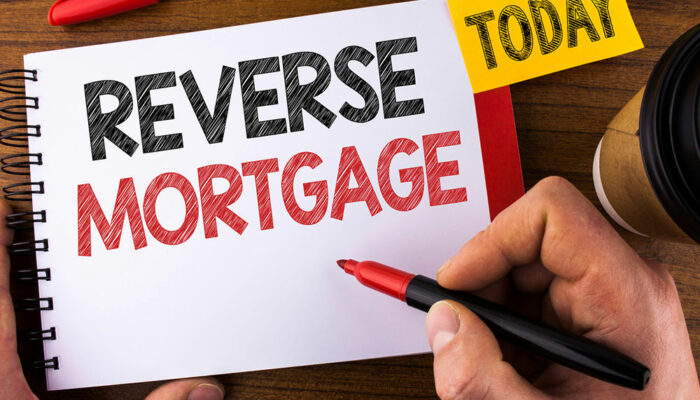Pros and cos of getting a reverse mortgage
A reverse mortgage is a type of loan that allows homeowners to receive payments on their house as opposed to them making payments to the lender. At first glance, this option seems too good to be true. But, before committing to it, there are some nitty-gritty details that people must consider when opting for this type of financing.

So, here is some information regarding the pros and cons to consider when getting a reverse mortgage.
Advantages
- Multiple options of disbursement
One of the biggest advantages of opting for reverse mortgages is that you can choose your payment method: whether it is in the form of monthly payouts, or receiving it in bulk. - You retain ownership of your home
As opposed to other mortgages where you have to vacate your house, in a reverse mortgage, you can continue to own and live in your house without any interruptions. It is a great way to improve your immediate finances and is preferable to moving or selling the property. - No tax liability
The payments that you receive as a part of a reverse mortgage are not considered to be taxable by the IRS since it is considered to be a loan advance instead of taxable income. - Retirement safety
These mortgages are actually a great option for retired and senior citizens, since it allows them to have access to funds, which might otherwise be stuck in the form of a fixed asset like a house or a property.
Disadvantages
- The property must be occupied
For properties that have been reverse mortgaged, it is important that it remains occupied at all times. Lenders visit the houses from time to time to verify that the house is occupied throughout the year. - Risk of foreclosure
If you fail to pay your property taxes, HOA fees, homeowners insurance payments, and other costs on time, your house is at a risk of being foreclosed for violation of tax laws. - High fees
When signing up for a reverse mortgage, information you must know is that there are several expenses involved in completing the entire procedure, which may include the mortgage fees, FHA insurance charges, as well as closing costs. - Accumulation of interest
Since there is no monthly payment plan or schedule involved in a reverse mortgage, the amount that you borrow incurs interest over time. As a result of this, one needs to be careful to not default on any payment to avoid accumulating further debt.





